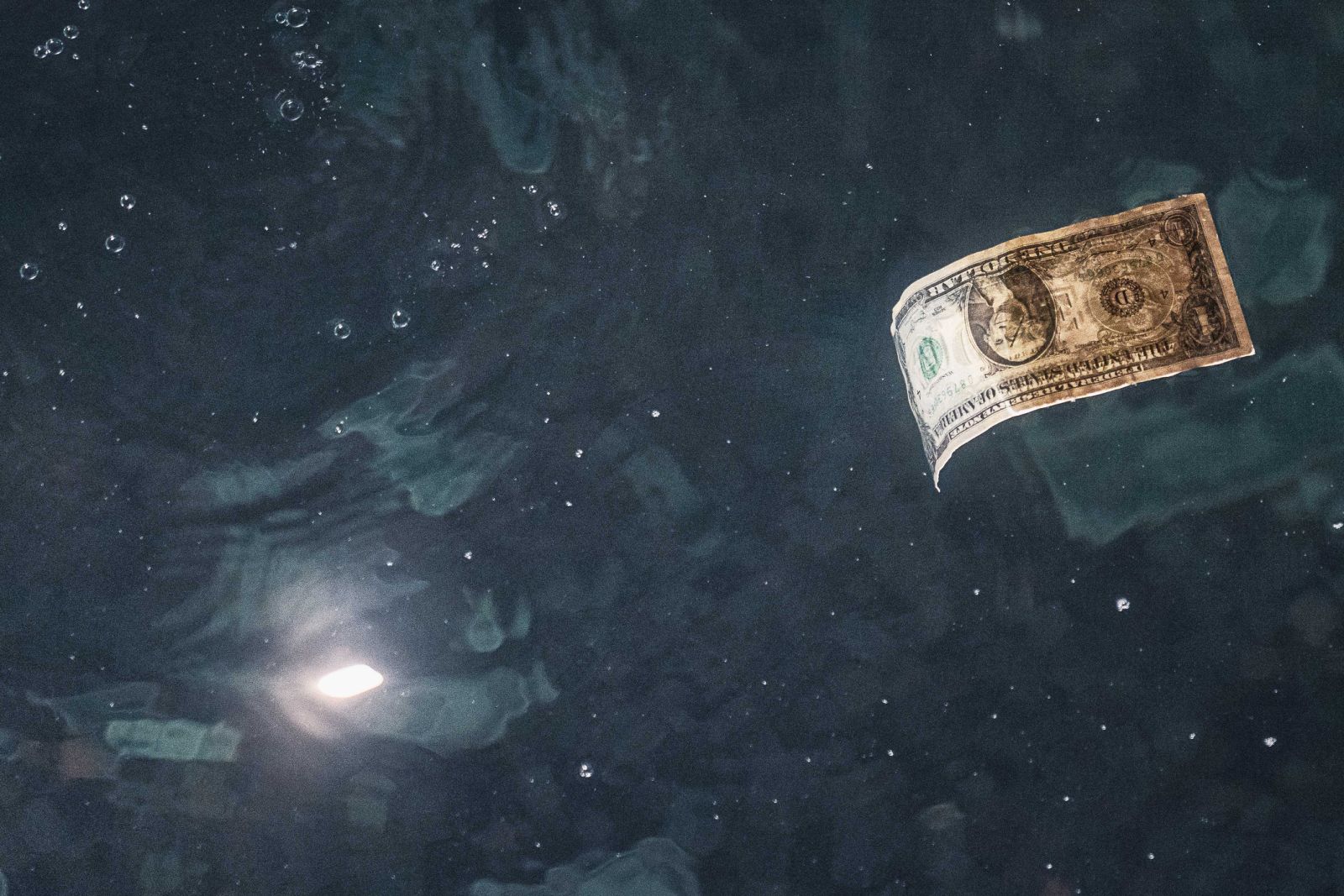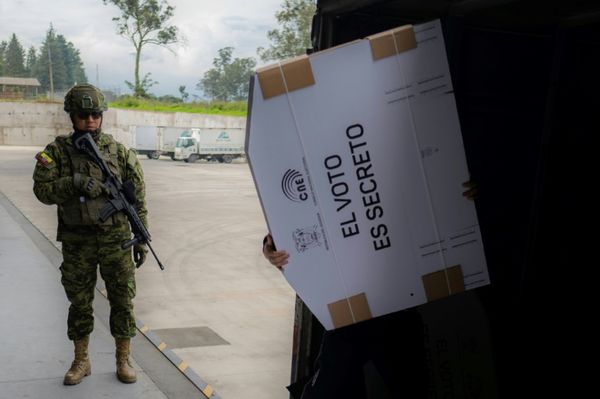
The dollar index (DXY00) Wednesday fell by -0.09%. The dollar was under pressure Wednesday as the US-China trade rift widened after China today imposed 84% tariffs on US goods in retaliation for the US imposing a total of 104% tariffs on Chinese goods. Also, the dollar is facing a confidence crisis as the US renegotiates its relationships with its trading partners, diminishing its reserve-currency status and prompting some foreign investors to liquidate their dollar assets.
However, the dollar recovered from its worst level Wednesday after President Trump announced a 90-day pause on reciprocal tariffs to 56 countries but raised tariffs on China to 125% from 104% for its retaliation on US tariffs. Also, hawkish comments from Minneapolis Fed President Kashkari were dollar-supportive when he said there is a higher bar for Fed rate cuts due to the inflationary impact of tariffs.
Comments from St. Louis Fed President Musalem were negative for the dollar when he said US economic growth is likely to slip "materially" below trend and the jobless rate will rise over the year as companies and households adjust to prices pushed higher by new import tariffs.
Minneapolis Fed President Kashkari said, "The hurdle to change the federal funds rate one way or the other has increased due to tariffs," and that the Fed is less likely to lower interest rates in the face of tariffs given their inflationary impact, even if the economy begins to deteriorate.
The minutes of the March 18-19 FOMC meeting hinted at stagflation and were bearish for the dollar. The minutes showed that most Fed officials viewed "risks to inflation as tilted to the upside and risks to employment as tilted to the downside." Also, various officials said uncertainty could dampen consumption and that a cautious approach was appropriate amid policy uncertainty.
The markets are discounting the chances at 20% for a -25 bp rate cut after the May 6-7 FOMC meeting, down from a 30% chance last week.
EUR/USD (^EURUSD) Wednesday rose by +0.02%. The euro found support Wednesday from a weaker dollar as the US-China trade war escalates. Also, hawkish comments Wednesday from ECB Governing Council Holzmann boosted the euro when he said, "I don't see reason for the ECB to cut interest rates now." However, other ECB members were more dovish and limited gains in the euro after ECB Governing Council members Villeroy de Galhau and Rehn said that the ECB should cut interest rates at next week's policy meeting.
ECB Governing Council member Holzmann said the ECB should allow uncertainty on global trade stoked by US tariffs to clear before considering any further interest rate cuts.
ECB Governing Council member Villeroy de Galhau said the ECB should lower interest rates "soon" as US tariffs and the fallout on global markets favor such a move.
ECB Governing Council member Rehn said, "The grounds for continuing interest rate cuts in the April meeting have grown clearly stronger based on a holistic assessment of inflation and economic growth."
Swaps are discounting the chances at 100% for a -25 bp rate cut by the ECB at the April 17 policy meeting.
USD/JPY (^USDJPY) Wednesday rose by +1.04%. The yen on Wednesday retreated from a 6-1/4 month high against the dollar and posted moderate losses. Higher T-note yields Wednesday weighed on the yen. Also, a recovery in the dollar from sharp losses sparked long liquidation in the yen after President Trump paused reciprocal tariffs on 56 countries for 90 days. Other negative factors for the yen included a fall in the Japan Mar consumer confidence index to a 2-year low and comments from BOJ Governor Ueda, who signaled the BOJ is keeping interest rates unchanged in the near term.
The escalation of the US-China trade war initially sparked safe-haven demand for the yen Wednesday after China retaliated against US tariffs with 84% tariffs on US goods, and then the US responded by raising tariffs on Chinese goods to 125% from 104%.
The Japan Mar consumer confidence index fell -0.7 to a 2-year low of 34.1, weaker than expectations of 34.8.
BOJ Governor Ueda signaled the BOJ is keeping interest rates unchanged in the near term when he said, "Our stance is to conduct our policy appropriately by carefully assessing the remaining uncertainties surrounding tariffs and monitoring the economy, inflation, and financial markets as we shape our outlook."
June gold (GCM25) Wednesday closed up +89.20 (+2.98%), and May silver (SIK25) closed up +0.729 (+2.46%). Precious metals are soaring Wednesday due to the escalation of the US-China trade rift. China retaliated against new US tariffs today by imposing 84% tariffs on US goods, which fueled heavy demand for the safety of precious metals. Also, dovish comments Wednesday from ECB Governing Council members Villeroy de Galhau and Rehn boosted demand for precious metals as a store of value when they said the ECB should cut interest rates at next week's policy meeting. In addition, geopolitical risks in the Middle East are boosting safe-haven demand for precious metals as Israel continues airstrikes across Gaza, ending a two-month ceasefire with Hamas, and as the US continues to launch strikes on Yemen's Houthi rebels.
Higher T-note yields on Wednesday were negative for precious metals. Also, hawkish central comments on Wednesday were bearish for precious metals. ECB Governing Council Holzmann said, "I don't see a reason for the ECB to cut interest rates now," and Minneapolis Fed President Kashkari said there is a higher bar for Fed rate cuts due to the inflationary impact of tariffs. In addition, gains in silver prices are limited by concern that an escalation of the trade war could derail the global economy and the demand for industrial metals. Gold prices fell back from their best levels Wednesday when President Trump announced a 90-day pause on reciprocal tariffs to 56 countries.







